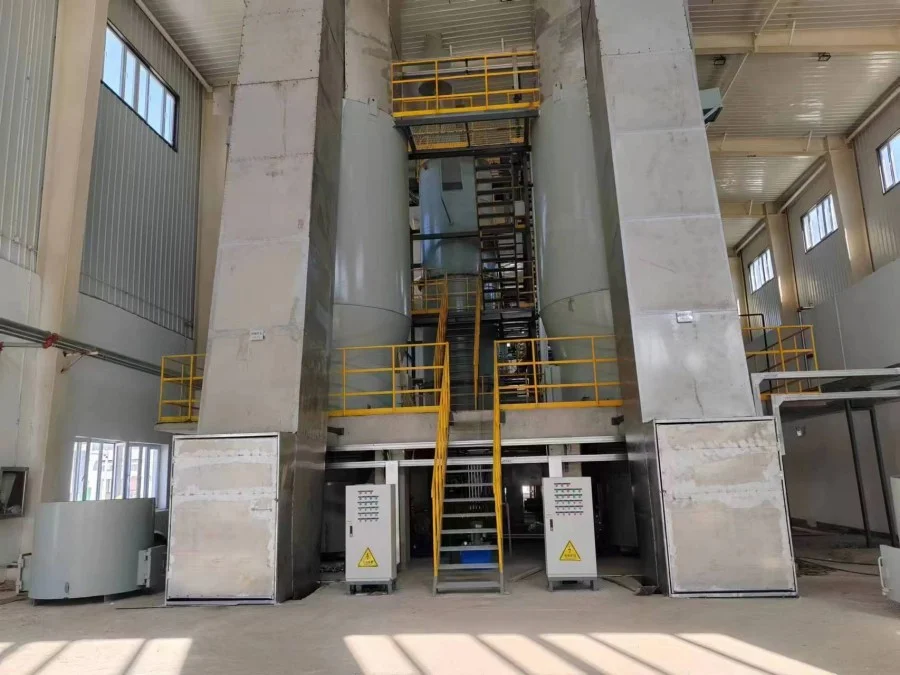As electric vehicles (EVs) gain popularity, concerns about battery life and longevity have become a topic of interest. One common question that arises is whether charging an EV to 100% can reduce its battery life. In this blog post, we will delve into this topic and provide a comprehensive analysis based on scientific research and expert opinions.
Understanding Lithium-ion Batteries:
To comprehend the impact of charging EVs to 100%, it is crucial to understand the basics of lithium-ion batteries, which are commonly used in EVs. Lithium-ion batteries consist of an anode, cathode, and electrolyte. The anode is typically made of graphite, while the cathode is composed of lithium metal oxides. During charging, lithium ions move from the cathode to the anode, and during discharging, they move in the opposite direction.
Battery Management Systems (BMS):
Modern EVs are equipped with advanced Battery Management Systems (BMS) that regulate the charging and discharging processes. BMS ensures that the battery operates within safe voltage and temperature ranges, preventing overcharging or over-discharging. This sophisticated system helps optimize battery performance and prolong its lifespan.
The Myth of Charging EVs to 100%:
Contrary to popular belief, charging an EV to 100% does not significantly reduce battery life. Lithium-ion batteries used in EVs have a built-in protection mechanism that prevents overcharging. Once the battery reaches its maximum capacity, the BMS automatically stops the charging process. Therefore, leaving an EV plugged in overnight or charging it to full capacity occasionally does not harm the battery.
Optimal Charging Practices:
While charging an EV to 100% occasionally is harmless, it is advisable to follow optimal charging practices to maximize battery life. Here are a few tips:
- Avoid frequent deep discharges: Lithium-ion batteries prefer shallow discharges and partial recharges rather than deep discharges. Frequent deep discharges can strain the battery and reduce its overall lifespan.
- Maintain moderate temperature: Extreme temperatures, both hot and cold, can negatively impact battery performance. Whenever possible, park your EV in a shaded area or a garage to minimize exposure to extreme temperatures.
- Utilize scheduled charging: Many EVs offer the option to schedule charging. By setting the charging time to coincide with off-peak electricity hours, you can reduce strain on the power grid and potentially save on electricity costs.
- Avoid 100% charge for long-term storage: If you plan to store your EV for an extended period, it is recommended to charge the battery to around 50% capacity. This level helps maintain the battery's health during storage.
Conclusion:
Charging an EV to 100% does not significantly reduce battery life, thanks to the advanced Battery Management Systems incorporated in modern electric vehicles. While occasional full charges are harmless, following optimal charging practices, such as avoiding deep discharges and maintaining moderate temperatures, can help maximize battery life. By debunking the myth surrounding charging EVs to 100%, we can confidently embrace the convenience and sustainability of electric vehicles.






